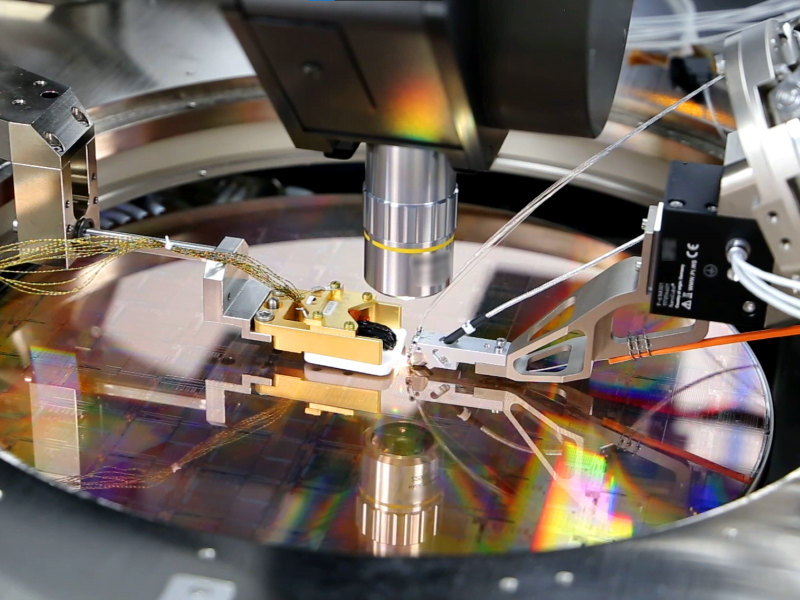The Department of Defence has backed two international research collaborations by Australian universities for quantum computing and additive manufacturing, committing $2 million to each from its $1.2 billion technology fund to projects with battlefield application.
Work on error-tolerant quantum computers by a cohort of Griffith University, the University of Technology Sydney, and the University of New South Wales is being funded for an additional two years, as is the University of Sydney’s project to create more robust materials for in-field vehicle repairs using additive manufacturing.
Both projects involve collaboration with US universities and the funding comes from Australia-US Multidisciplinary University Research Initiative (AUSMURI), a nine-year $25 million program carved out of Defence’s $1.2 billion Next Generation Technologies Fund.
The quantum and 3D printing work have been identified by Defence as having significant benefits for the department and wider commercial potential, and will be funded from the $1.2 billion technology and innovation war chest first established by the Turnbull government in 2016.

The quantum project involving Griffith University, UTS and UNSW is titled Quantum Control Based on Real-time Environment Analysis by Spectator Qubit. Its objective is to protect quantum qubits from external noise in real time while manipulating them with high precision.
The work is being done in collaboration with several US universities and Defence hopes it will result in applications for distributed sensor arrays on “battlefields of the future”.
The project received $3 million from Defence in 2018 to kick off the AUSMURI, with $1 million used for hardware and the remainder for multidisciplinary personnel. The additional $2 million will allow the project to continue for two more years and it could be extended again.
The University of Sydney’s project is on Microstructure Control in Metal Additive Manufacturing and has contributed to the ongoing establishment of the University of Sydney’s additive-manufacturing facility.
The university is collaborating with another group of US universities, led by the University of Tennessee, and Defence expects the outcomes to support rapid in-field repairs of aerospace and land-vehicle structures and at-sea repairs of maritime vessels.
“The grant extensions demonstrate the research strength of Australian universities in the international arena and support Australian researchers collaborating with global innovation networks to address high-priority topics for defence capability,” said Defence Science and Technology Group ‘Chief Science Engagement and Impact Division Dr Kershaw.
The Next Generation Technologies Fund (NGTF) was launched in 2016 with $730 million to be allocated over ten years to support cutting edge and far horizon technology that has benefits for Defence forces.
The NGTF, the Defence Innovation Hub and the Centre for Defence Industry Capability form the integrated Defence innovation system, which received continued support in last year’s Strategic Update. The NGTF is now planned to make further investments worth approximately $1.2 billion over the next decade, focussing on research and development in emerging and future technologies for a “future Defence force after next”.
Do you know more? Contact James Riley via Email.

